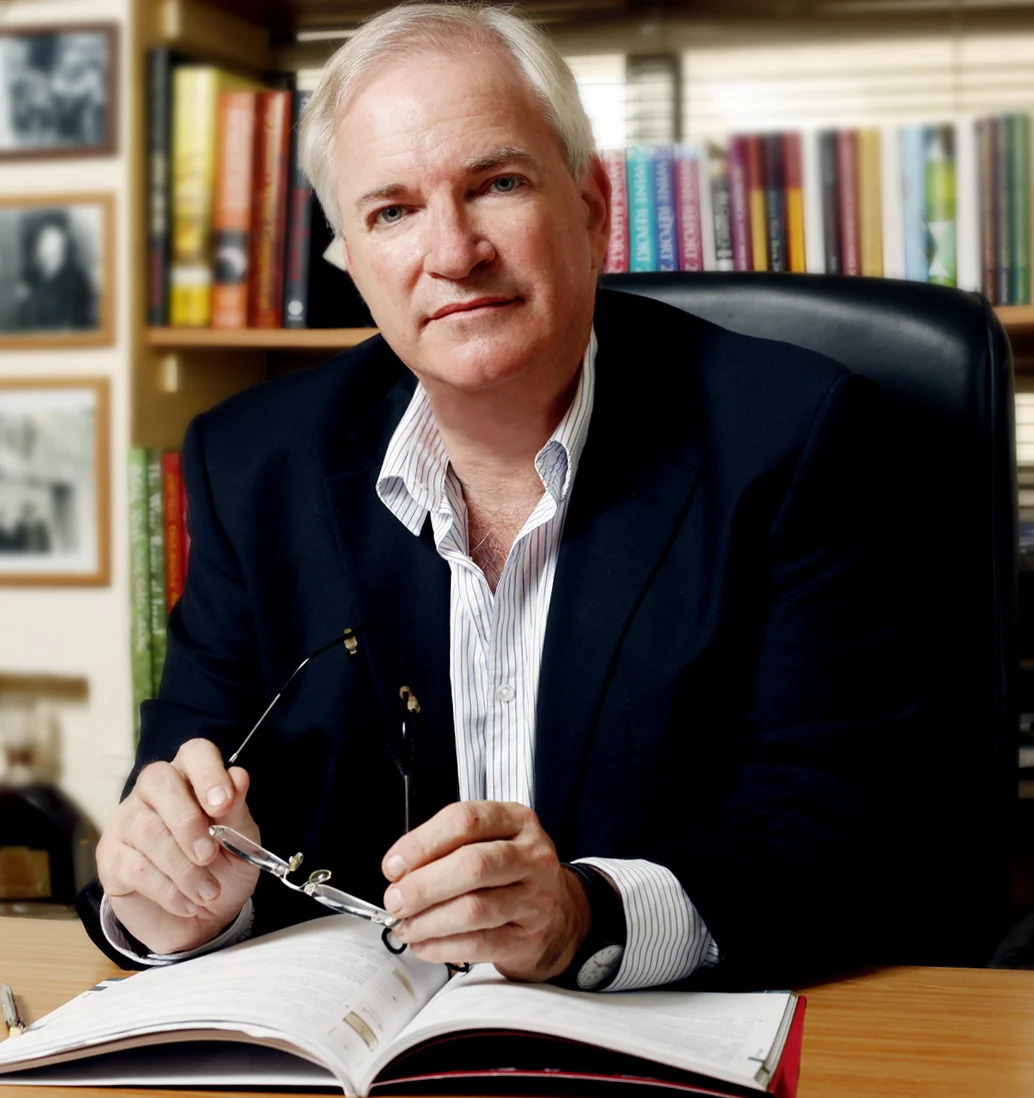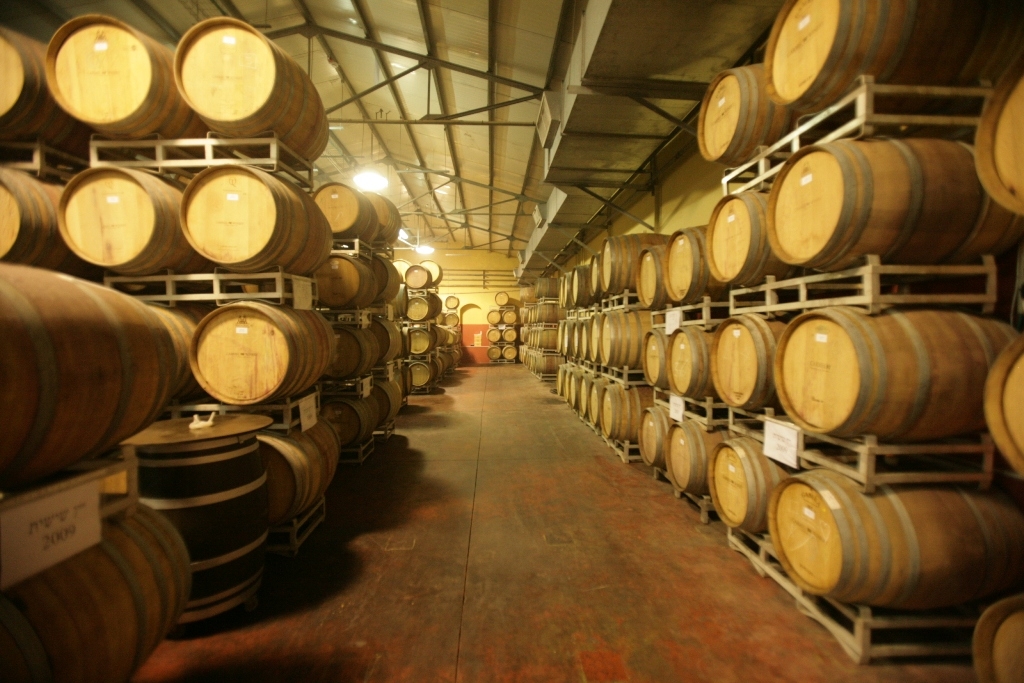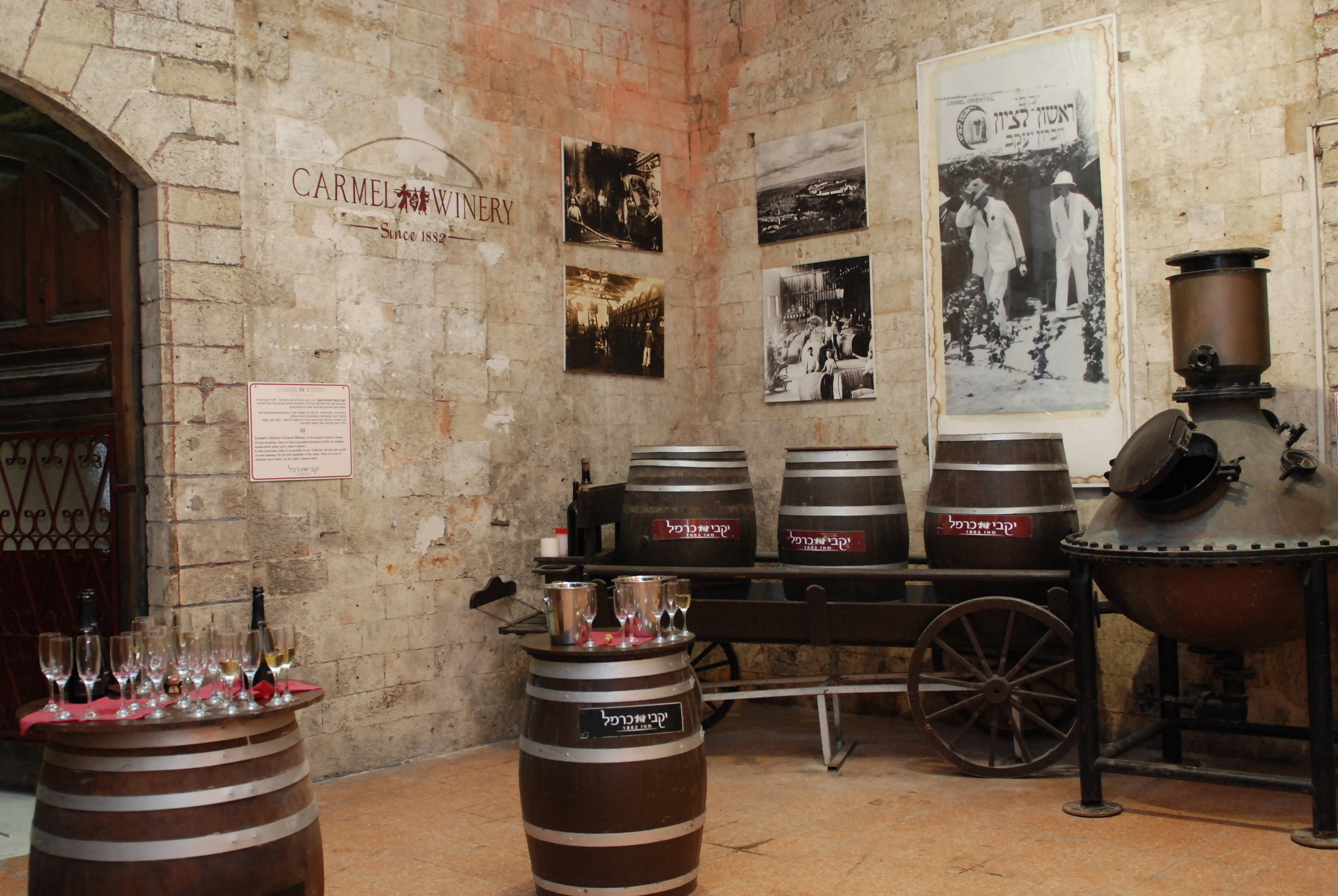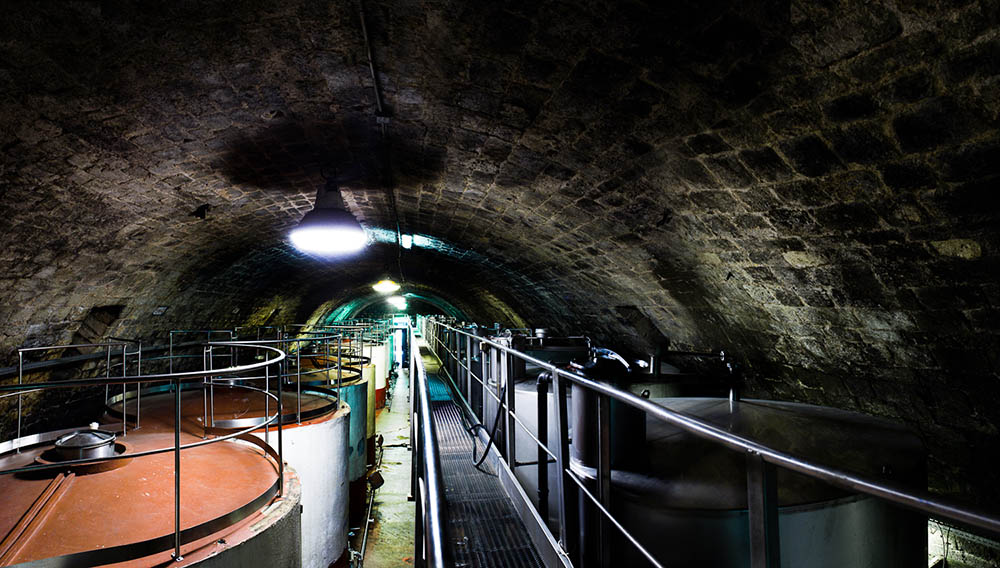Carmel Winery's Kayoumi vineyard in the Gallilee. Photo courtesy Carmel Winery
“The wines of Israel are winning well-deserved notice internationally.”
The wines of Israel are winning well-deserved notice internationally. The late, great wine expert Daniel Rogov pronounced Eyal Rotem's Clos de Gat “a world-class winery.” Eli Ben-Zaken of Domaine du Castel was named Chevalier de l’Ordre National du Mérite Agricole by France in 2013—high praise indeed from a country considered by many to be the end-all of fine wines. And Castel has taken home many other prizes, including the prestigious Decanter World Wine Award—the Oscar of British wine prizes. The great oenological arbiter Wine Spectator included Recanati’s 2012 Cabernet Sauvignon Galilee on its 2014 list of Top 100 Wines. And the list of accolades continues to grow along the Negev wine route.
The cover story of Wine Spectator's October 2016 magazine was dedicated to Israeli Wines as reported by Israel21C.
Ramat HaNegev
Zichron Ya’acov
north of Mitzpe Ramon
Yahud
Ayalon Valley
Ramat Dalton Industrial Park
Mitzpe Ramon
Ramat Raziel
Golan Heights
Halutza
Emek Hefer Industrial Park
Kibbutz Revivim, Sde Boker
Mitzpe Ramon
Kibbutz Sde Boker
Kiryat Tivon
Tel Arad



























